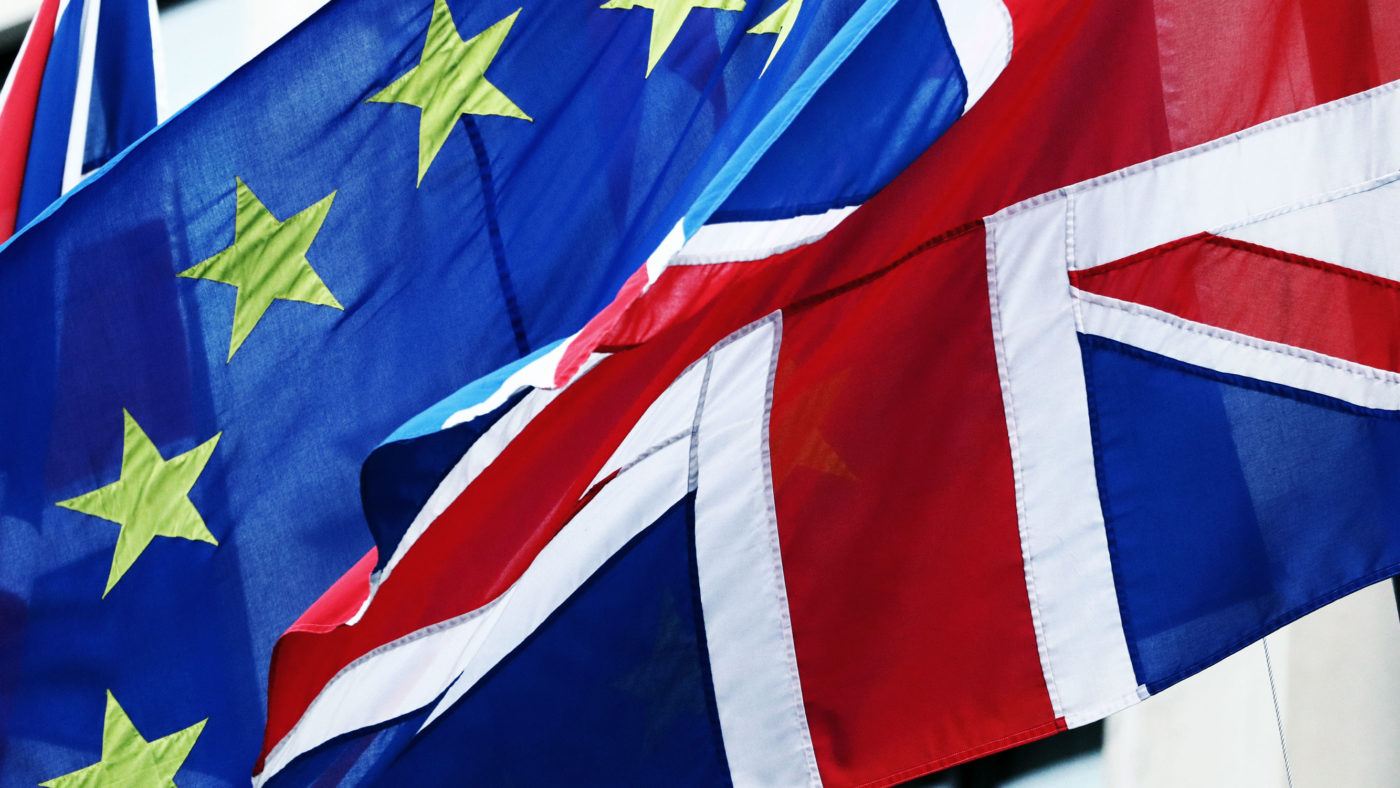Call me a dupe. Call me a patsy. Call me a sucker. Above all, call me wrong.
In the days before the EU referendum, I wrote a long essay about why I’d ultimately decided to vote Remain. I was, I said, fully persuaded of the case against the EU. But I couldn’t convince myself to disregard “the near-unanimous warnings of every economist, every NGO, every central bank, every friendly government that Brexit would have an immediate and severe economic cost”.
This week, with GDP holding up nicely and Nissan pledging to boost investment in Sunderland, such doom and gloom (in particular, the “immediate and severe” part) feels very far away. In particular, the pre-referendum forecasts from the IMF and Treasury look, as Guido Fawkes and Fraser Nelson point out, ever more delusional – and as for George Osborne’s “punishment Budget”…
Yet it’s still worth pausing before we declare Brexit an unqualified success. It’s not just that Article 50 hasn’t actually been invoked (despite David Cameron’s pledge to do so), or that the Bank of England fired off a “bazooka” of monetary stimulus. It’s that we can’t yet know whether Brexit has been a success, and won’t for a very long time.
I say this not as a resentful Remoaner: like our new PM, I’m firmly in the “We voted for Brexit, let’s make a success of it” camp.
So far, indeed, Brexit has passed its exams with flying colours – something that should delight everyone in the country, given that the alternative was lower growth and higher unemployment and debt. But at the same time, those exams are just the first in a series.
It’s always been clear, for example, that Brexit will have at least some economic cost.
Despite Nissan’s welcome decision, there is a sense in the City that investment is slowing, as firms wait to see what happens before pushing the button on significant projects. As Anthony Browne of the British Bankers Association warned on CapX last week, City firms in particular will need constant reassurance: they can’t wait till 2019 then suddenly find out that the deal that’s been reached doesn’t allow them to keep trading.
Then there’s the nature of that deal – which is still largely unknowable. We now seem to be heading for a bespoke agreement rather than an off-the-shelf package. The extra complexity of negotiating this means it is likely to take longer than the two years allotted under Article 50 – which is why voices as varied as Simon Fraser, former head of the FCO, and Christopher Booker, the Eurosceptic’s Eurosceptic, insist that some kind of transitional deal will probably be needed.
None of this means, of course, that Brexit will not ultimately be a success. The benefits of our new free trade deals may well outweigh any costs imposed in trading with Europe – and to many Brexiteers, any economic cost will pale beside the benefits of regaining control of our borders and sovereignty.
But when reading the news about Brexit, good or bad, it’s important to remember that we’re just at the start of the process. If this was a Harry Potter-style adventure series (“Book One: Plucky Britain and the Federalist Behemoth”), our hero would still be a pimply 13-year-old – flush with early triumphs, but resolute in the face of the challenges to come.
This article is taken from CapX’s Weekly Briefing email. Sign up here.


